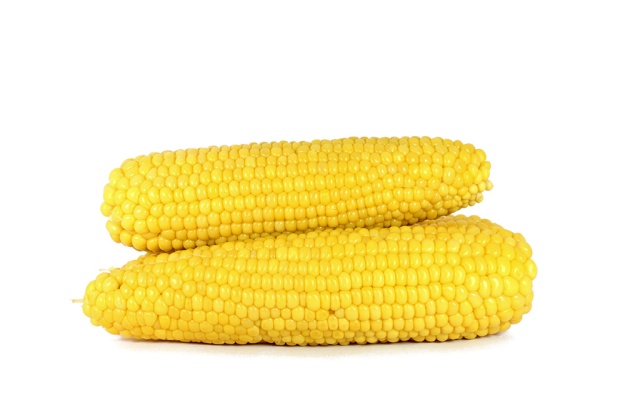Biting into a crisp ear of corn or digging into a steaming baked potato, you’d probably never imagine these nutritious foods have been altered. Altered? Genetically altered, to be exact.
That delicious produce you’re dining on is actually not as ‘au naturale’ as you may think. Some supposedly fresh food is actually more factory than farm. And all of that ‘Franken-food’ is then used to make thousands of common products on the grocery shelf. What is this altered food, you ask.
Introducing GMO foods – pronounced ‘gee-em-oh.’ If the 3-letter acronym doesn’t already alarm you enough, knowing what it stands for probably will – genetically modified organisms. Yes, genetically … modified … organisms.
Unbeknown to most people, food production has become quite technological in recent years. In fact, more foods are becoming engineered by inserting genes from bacteria, viruses and humans into plants and animals.
And if altering foods this way sounds shocking, the risks of eating those foods have been linked with a rise in chronic disease and food allergies. Research has shown that GMO foods are also causing antibiotic resistance in humans. They also require more herbicides to control weeds. None of that is good for your health.
So if GMO foods are so controversial, why are they being allowed on our dinner plates? It’s all about dollars. GMO produce is altered to be more pest resistant, which in turn yields a larger crop. It’s simple – less bugs chomping on the crops allow more to be harvested. And when it comes to producing, America is right up near the top.
The United States is not only among the top 5 countries in the world which together produce 90% of the word’s GMO foods, we’re also the only industrialized country that doesn’t mandate that GMO foods be labeled as such. So, not only are you eating these foods that can be adversely affecting your health, you aren’t being informed to make a choice.
Are you wondering if what you’re eating might be genetically modified? Chances are, a large part of your diet probably is. Here’s a list of 10 common foods that are typically GMO:
- Corn
- Potatoes
- Tomatoes
- Canola
- Zucchini
- Alfalfa
- Soybeans
- Golden Rice
- Squash
- Sugar Beets
But if so many foods are GMO, how can you avoid eating them? Here are 5 ways to avoid GMO foods:
- Buy USDA organic foods – they are not grown from genetically modified seeds.
- Look for the non-GMO Project Verified seal on everything you purchase.
- Buy produce from a farmer’s market or specialty store known to only sell organic and non-GMO foods.
- Use olive or safflower oil – canola, corn and cottonseed oils are GMO foods.
- Choose cane sugar to sweeten foods – high fructose corn syrup and other sugar sources are GMO foods.
With thousands of foods being genetically modified, and more in the works, making just a few of these minor changes could have a major impact on your health. Although the costs associated with non-GMO foods can be greater, so can the long- and short-term effects be on your health.
Related Articles

Join the Discussion
0 Comments